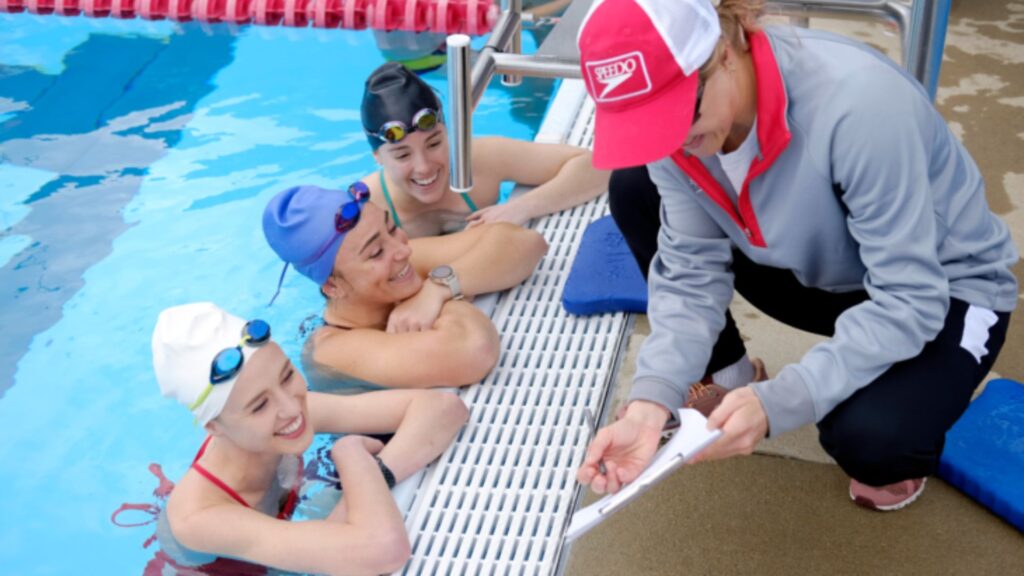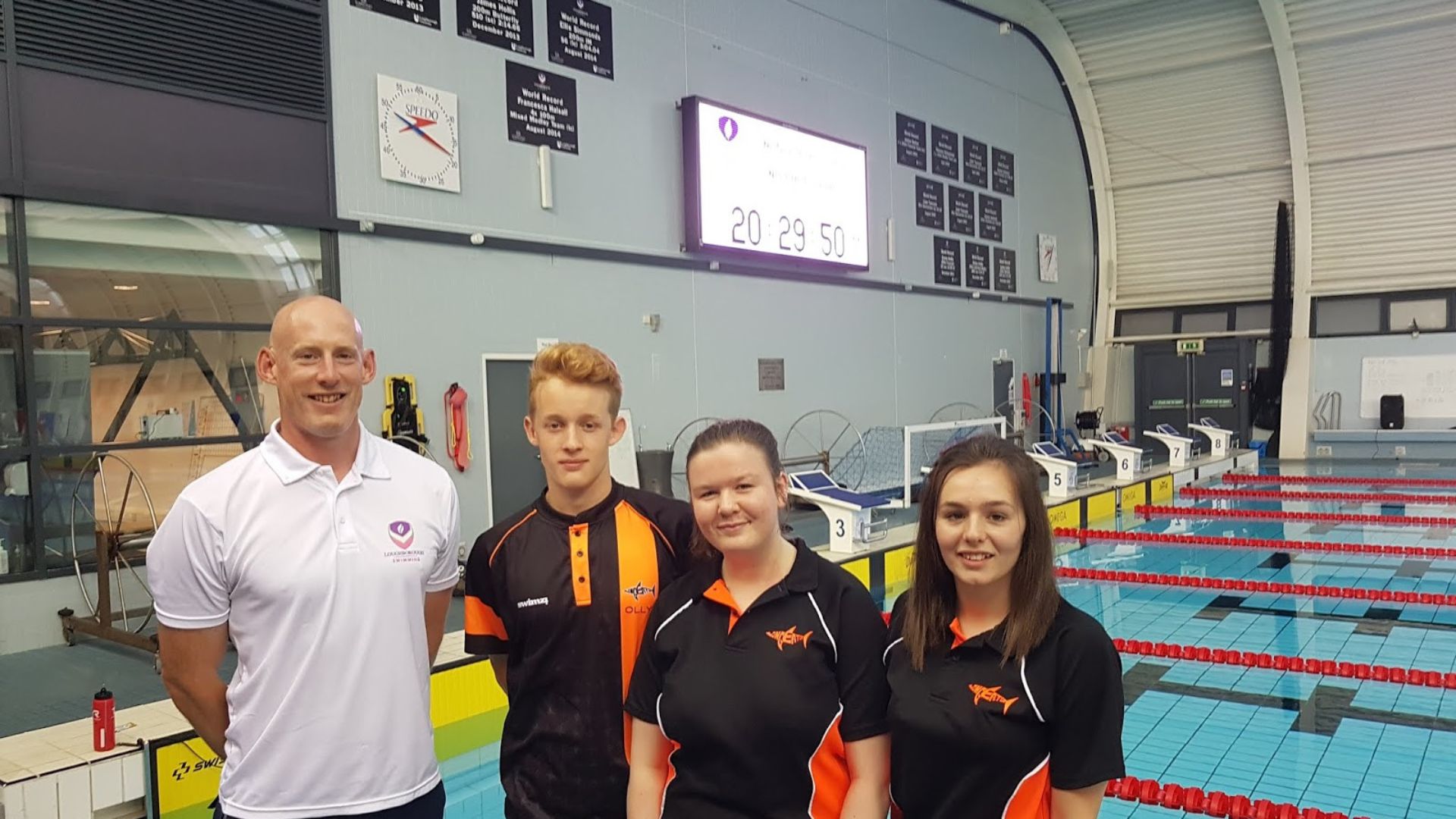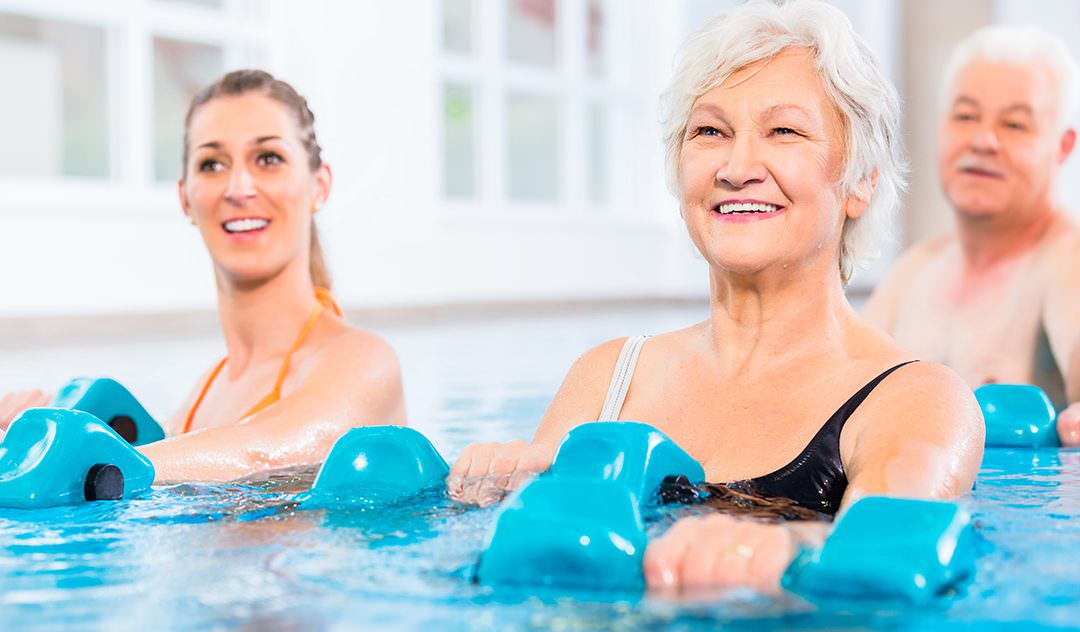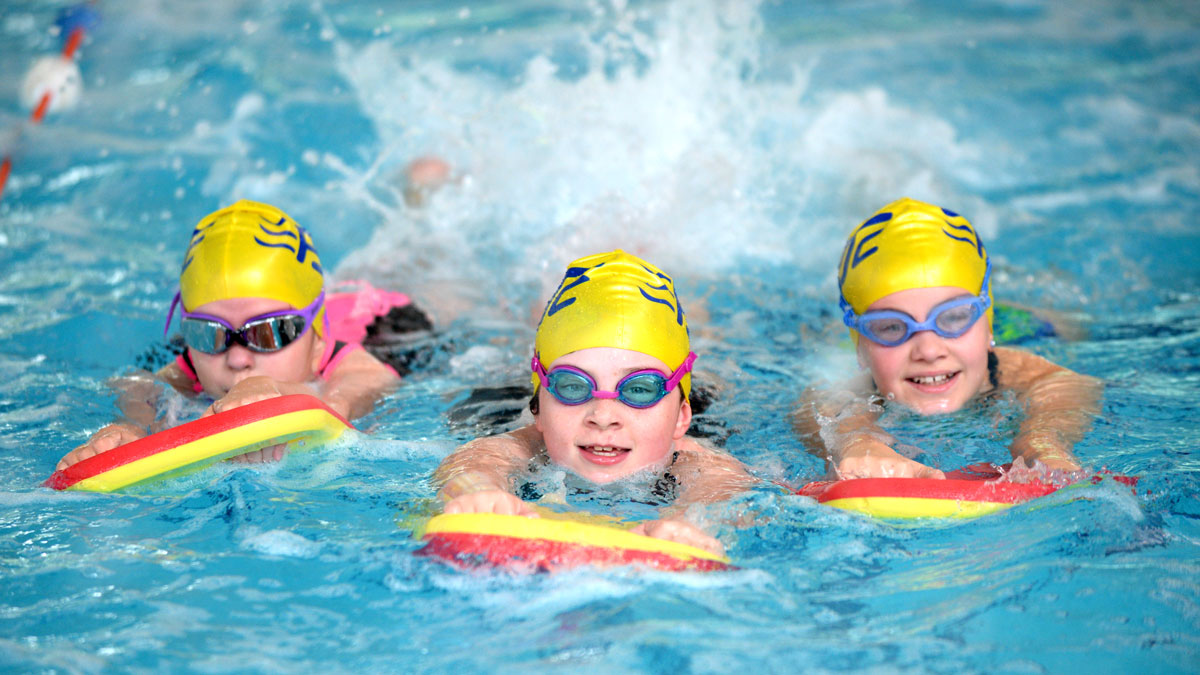Mentoring junior coaches in a swimming club is essential for the club’s long-term success and growth. Effective mentoring helps junior coaches develop their skills, build confidence, and become better leaders. Here are some tips on how to mentor junior coaches in a swimming club.

1. Establish Clear Expectations
When mentoring junior coaches, it’s important to set clear expectations from the start. Make sure they understand their roles and responsibilities. This can include:
- Leading training sessions
- Providing feedback to swimmers
- Assisting with administrative tasks
- Attending meetings and events
Having clear expectations helps junior coaches know what is required of them and gives them a sense of direction.
2. Provide Regular Training
Regular training sessions are crucial for developing the skills of junior coaches. Consider organizing workshops, seminars, and hands-on training to cover various aspects of coaching, such as:
- Techniques and drills
- Leadership and communication
- Safety and first aid
- Event planning and management
Training sessions help junior coaches gain knowledge and improve their coaching techniques.
3. Lead by Example
As a mentor, it’s important to lead by example. Demonstrate the qualities you want to instill in your junior coaches, such as:
- Professionalism
- Dedication
- Effective communication
- Respect for swimmers and staff
When junior coaches see these qualities in you, they are more likely to emulate them.
4. Encourage Open Communication
Fostering an environment of open communication is essential for effective mentoring. Encourage junior coaches to ask questions, share concerns, and seek advice. Here’s how to promote open communication:
- Be Approachable: Make sure junior coaches feel comfortable coming to you with any issues.
- Listen Actively: Pay attention to what they say and provide thoughtful feedback.
- Provide Constructive Feedback: Offer feedback in a positive and supportive manner, focusing on areas for improvement and growth.
Open communication helps build trust and ensures that junior coaches feel supported.
5. Assign Responsibilities Gradually
To help junior coaches build confidence and experience, assign responsibilities gradually. Start with smaller tasks and gradually increase their responsibilities as they become more comfortable and proficient. This approach can include:
- Assistant Coaching: Have them assist with training sessions under your supervision.
- Leading Drills: Allow them to lead specific drills or parts of the practice.
- Managing Events: Give them the opportunity to help organize and manage club events.
Gradually increasing responsibilities helps junior coaches develop their skills without feeling overwhelmed.
6. Provide Opportunities for Feedback
Regular feedback is crucial for the development of junior coaches. Provide opportunities for both formal and informal feedback, such as:
- Performance Reviews: Conduct regular performance reviews to discuss strengths and areas for improvement.
- One-on-One Meetings: Schedule regular one-on-one meetings to discuss progress and address any concerns.
- Peer Feedback: Encourage junior coaches to seek feedback from their peers and swimmers.
Constructive feedback helps junior coaches understand their performance and identify areas for growth.
7. Encourage Professional Development
Encouraging junior coaches to pursue professional development opportunities can enhance their skills and knowledge. Consider the following:
- Certifications: Encourage them to obtain coaching certifications and attend relevant courses.
- Conferences: Support their attendance at coaching conferences and workshops.
- Networking: Help them build a network of contacts within the coaching community.
Professional development opportunities help junior coaches stay updated with the latest coaching techniques and trends.
8. Recognize and Reward Efforts
Recognizing and rewarding the efforts of junior coaches can boost their morale and motivation. Here are some ways to acknowledge their contributions:
- Verbal Praise: Offer words of appreciation and encouragement.
- Awards and Certificates: Provide awards or certificates for their achievements.
- Opportunities for Advancement: Offer opportunities for career advancement within the club.
Recognizing and rewarding efforts helps junior coaches feel valued and appreciated.
Conclusion
Mentoring junior coaches in a swimming club is a rewarding experience that contributes to the club’s overall success. By setting clear expectations, providing regular training, leading by example, encouraging open communication, assigning responsibilities gradually, offering feedback, encouraging professional development, and recognizing efforts, you can help junior coaches develop into skilled and confident leaders. Effective mentoring not only benefits the junior coaches but also enhances the performance and reputation of the swimming club as a whole.
4o



